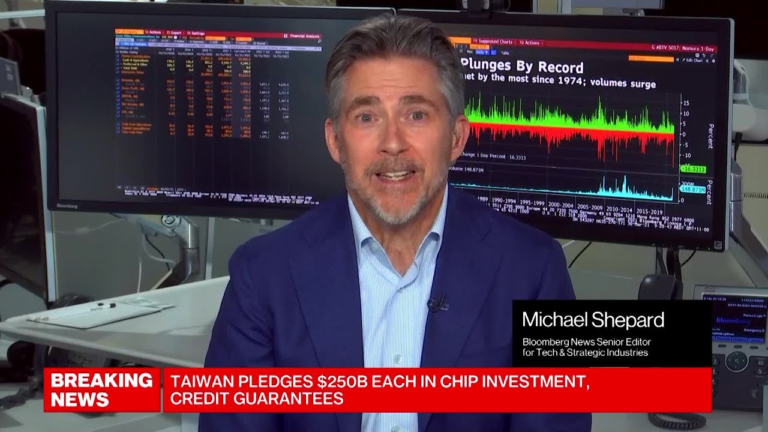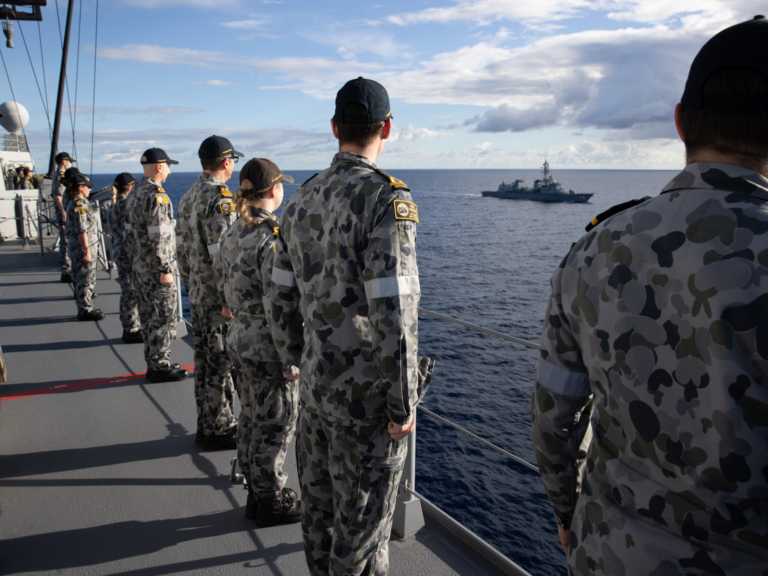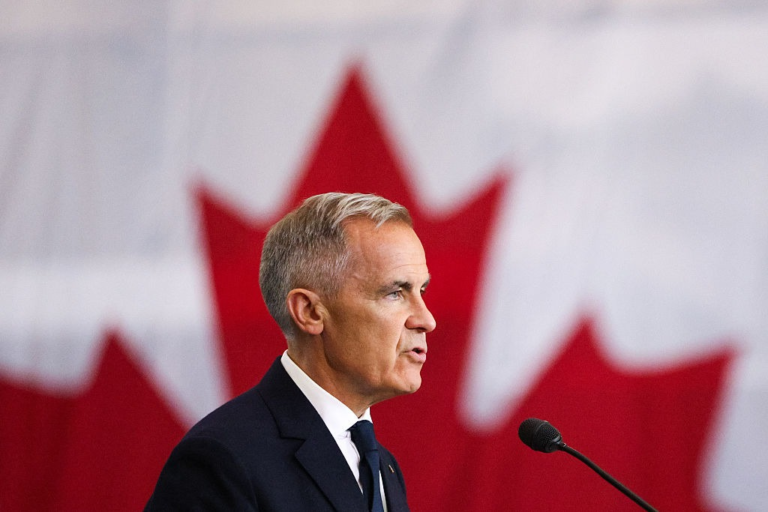
At Gimhae Air Base in Busan, Donald Trump got what he wanted: a firm handshake, praise for his role in “world peace”, and a Chinese commitment to buy American goods again and ease off rare earths for a year.
Xi Jinping got what he wanted too: a US president who blinked first on tariffs, agreed to prolong a truce, and signalled he’s open to a more commercial détente — all without mentioning “Taiwan”.
That absence is the real headline.
In the week before the meeting, Beijing launched a media campaign on Taiwan, revived “restoration day”, and let a Taiwan Affairs Office spokesperson warn China “will not rule out force” — an unusually hard line before the summit.
The show of resolve stopped at the door: In the room, Xi spoke of political wisdom and great-power duty, not unification — keeping his biggest bargaining chip untouched.
Once Taiwan enters the room, nationalism takes over. Xi can’t trade sovereignty for soybeans and Trump can’t trade a US-backed democracy under Congress’s gaze.
So they left Taiwan for later, likely tied to trade concessions in quieter talks. Silence was strategy, not oversight.





